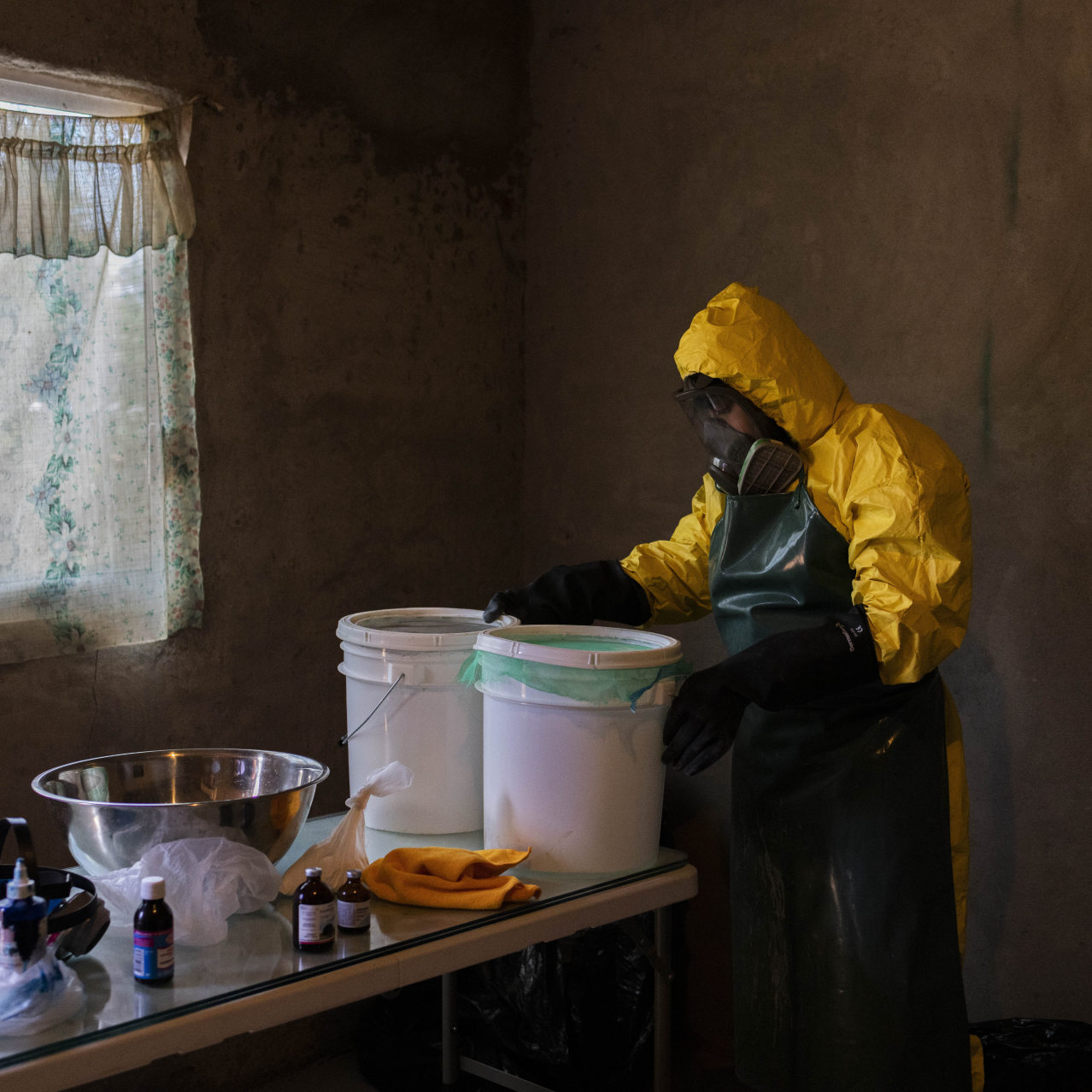Daycare Decisions: Weighing The Risks To Young Children's Development

Table of Contents
Potential Negative Impacts on Child Development
While daycare offers numerous benefits, it's crucial to acknowledge potential negative impacts on a child's development. These risks are not inherent to daycare itself, but rather depend heavily on factors like the quality of care provided.
Social-Emotional Development Risks
Daycare can impact a child's emotional regulation, social skills, and attachment security. The environment plays a crucial role. Several factors can contribute to these risks:
- High staff turnover: Frequent changes in caregivers can disrupt a child's sense of security and make it harder to form strong attachments.
- Large child-to-staff ratios: Overburdened staff may struggle to provide individualized attention, leading to feelings of neglect or insecurity. This can negatively affect emotional development.
- Lack of individualized attention: Children need dedicated attention to address their unique emotional needs. Insufficient attention can hinder social skills development and emotional regulation.
- Exposure to illness: Frequent exposure to illness can lead to stress and anxiety in children, impacting their overall emotional well-being. Daycare stress is a real concern for both children and parents.
These factors can significantly affect a child's social skills, leading to difficulties forming relationships and navigating social situations. Addressing these concerns is vital for healthy emotional development and building secure attachment.
Cognitive Development Concerns
The impact of daycare on cognitive development is complex and multifaceted. While a stimulating daycare environment can foster early learning and intellectual stimulation, potential drawbacks exist:
- Overstimulating environments: Too much stimulation can be overwhelming for young children, hindering their ability to focus and process information effectively.
- Access to educational resources: High-quality daycares offer enriching educational opportunities, promoting cognitive growth, but this isn't always the case.
- Impact of screen time: Excessive screen time in daycare can negatively impact cognitive development, potentially hindering language acquisition and attention spans. Finding a balance between educational technology and hands-on learning is crucial.
Careful consideration of these factors is vital for supporting optimal cognitive development in young children within a daycare setting.
Physical Health Risks
Daycare settings inherently involve a higher risk of illness transmission. Understanding and mitigating these risks is crucial for safeguarding a child's health:
- Exposure to germs and infections: Daycares are breeding grounds for germs. Children are constantly exposed to various viruses and bacteria.
- Importance of hygiene protocols: Stringent hygiene practices are essential for minimizing the spread of illness. Daycare centers should prioritize handwashing, disinfection, and illness exclusion policies.
- Strategies for minimizing illness: Parents can work with daycare providers to implement strategies such as frequent handwashing, healthy snacks, and adequate rest to bolster a child's immune system. Immunizations are also critical in protecting children from serious illnesses.
Understanding these risks and working proactively with daycare providers are essential for maintaining a child's physical health.
Mitigating the Risks: Choosing a Safe and Supportive Daycare
Choosing the right daycare significantly reduces potential risks. Careful consideration and proactive measures can significantly impact a child's developmental trajectory.
Selecting a Quality Daycare Center
Finding a quality daycare requires thorough research and careful consideration of several factors:
- Check licensing and accreditation: Ensure the daycare is properly licensed and accredited, demonstrating compliance with safety and educational standards.
- Interview staff: Assess the staff's qualifications, experience, and approach to childcare. Look for passionate and well-trained individuals.
- Observe classroom interactions: Spend time observing the classroom environment to gauge the level of interaction, stimulation, and teacher-child ratios.
- Examine safety procedures: Thoroughly investigate the daycare's safety procedures, including emergency protocols and security measures.
These steps are crucial for selecting a daycare that prioritizes safety, quality, and the well-being of children. Investing time in this process is paramount.
Building a Strong Parent-Child Bond
Parental involvement is key to mitigating potential risks and ensuring a positive daycare experience:
- Maintaining consistent routines: Consistent routines at home and daycare can provide a sense of stability and security for the child.
- Open communication with daycare providers: Regular communication with daycare staff is essential to stay informed about your child's progress and address any concerns promptly.
- Spending quality time with the child: Dedicate quality time with your child outside of daycare hours to strengthen the parent-child bond and ensure emotional security. This helps to offset any potential negative impacts of daycare.
Prioritizing this bond is crucial to support healthy development, even within the daycare setting.
Conclusion
Making informed daycare decisions requires careful consideration of potential risks to a child's social-emotional, cognitive, and physical development. However, by choosing a high-quality daycare and actively participating in your child's life, you can significantly mitigate these risks. Remember, weighing the risks and rewards of daycare is a crucial step in ensuring your child thrives. Through thorough research, open communication, and a strong parent-child bond, parents can help their children flourish even within a daycare environment. Making wise daycare decisions ultimately contributes to a happy and healthy childhood.

Featured Posts
-
 Postes Vacants A Dijon Restaurants Et Rooftop De Dauphine
May 09, 2025
Postes Vacants A Dijon Restaurants Et Rooftop De Dauphine
May 09, 2025 -
 25 Million Shortfall Analysing West Hams Financial Situation And Future Strategies
May 09, 2025
25 Million Shortfall Analysing West Hams Financial Situation And Future Strategies
May 09, 2025 -
 Dijon Violences Conjugales Le Boxeur Bilel Latreche Juge En Aout
May 09, 2025
Dijon Violences Conjugales Le Boxeur Bilel Latreche Juge En Aout
May 09, 2025 -
 The Fentanyl Crisis And Its Impact On U S China Trade Relations
May 09, 2025
The Fentanyl Crisis And Its Impact On U S China Trade Relations
May 09, 2025 -
 Fyraty Fy Alerby Alqtry Tqyym Adayh Bed Rhylh En Alahly Almsry
May 09, 2025
Fyraty Fy Alerby Alqtry Tqyym Adayh Bed Rhylh En Alahly Almsry
May 09, 2025
